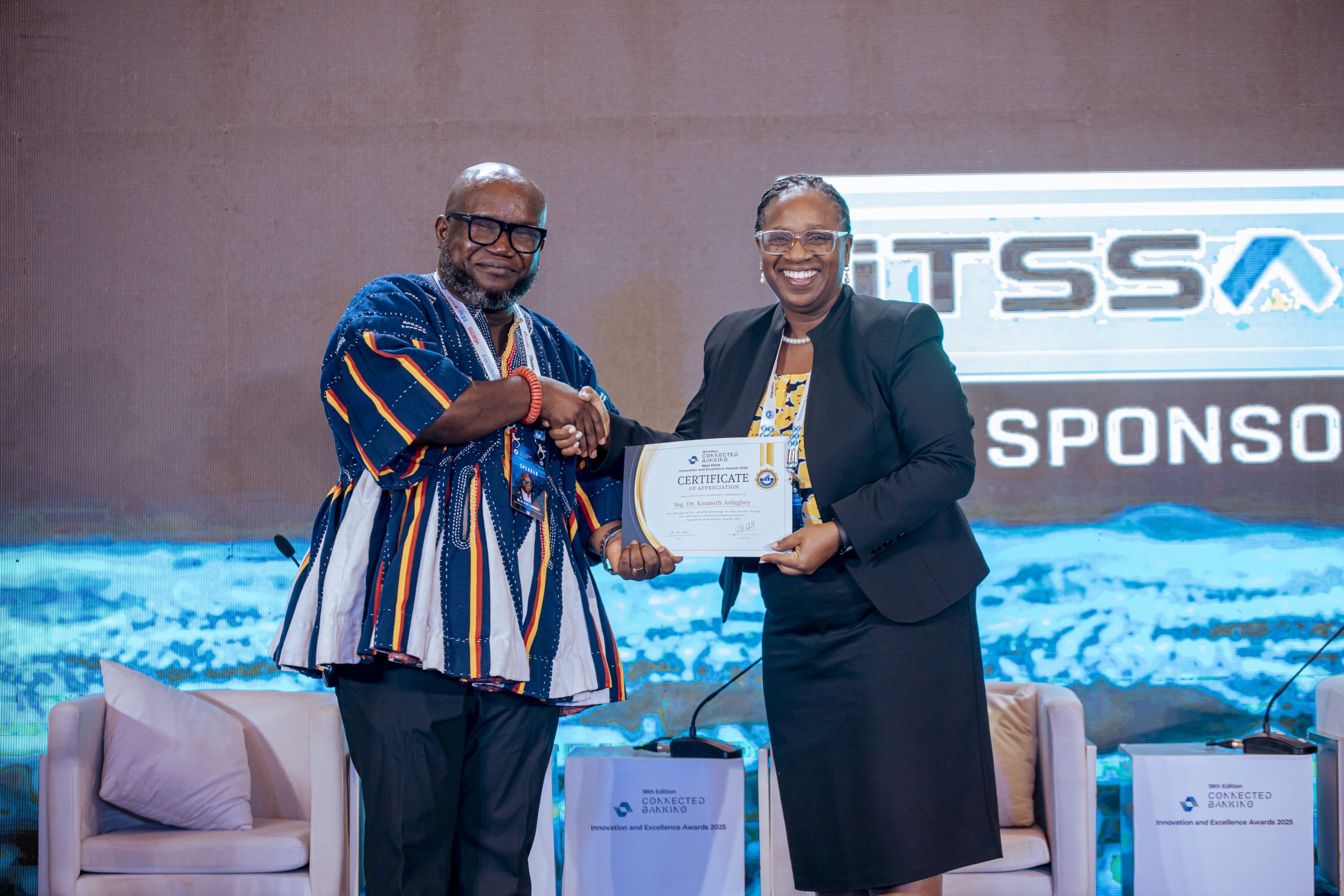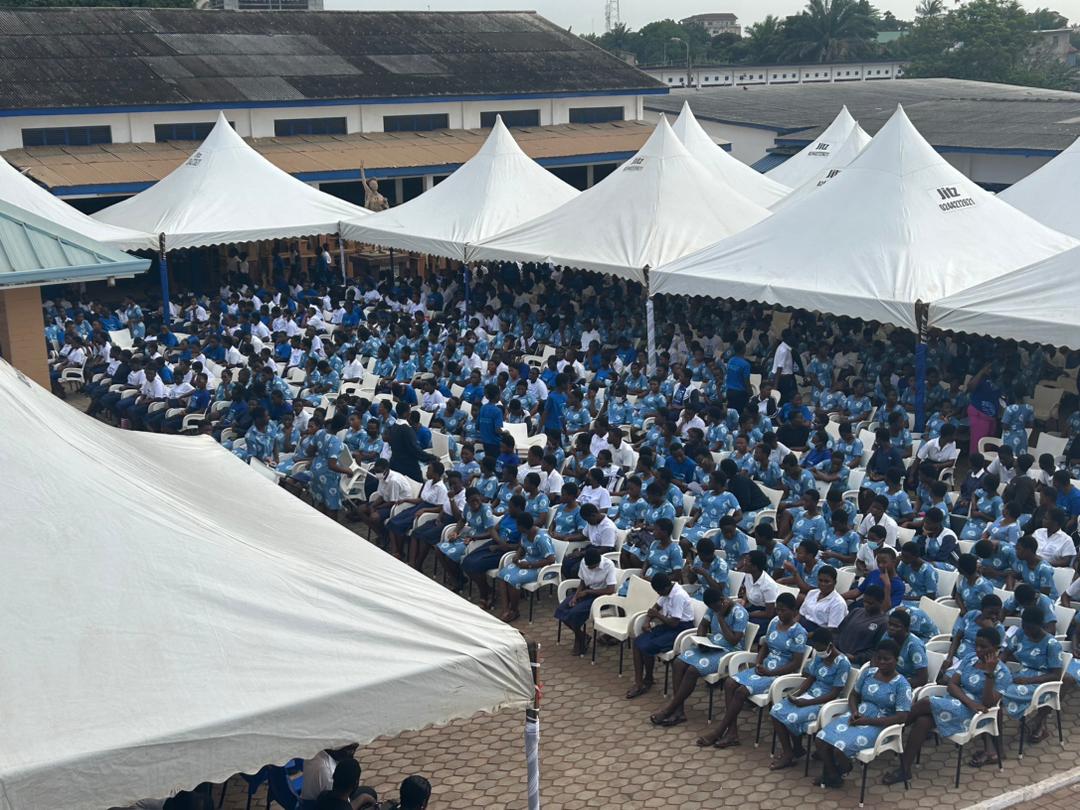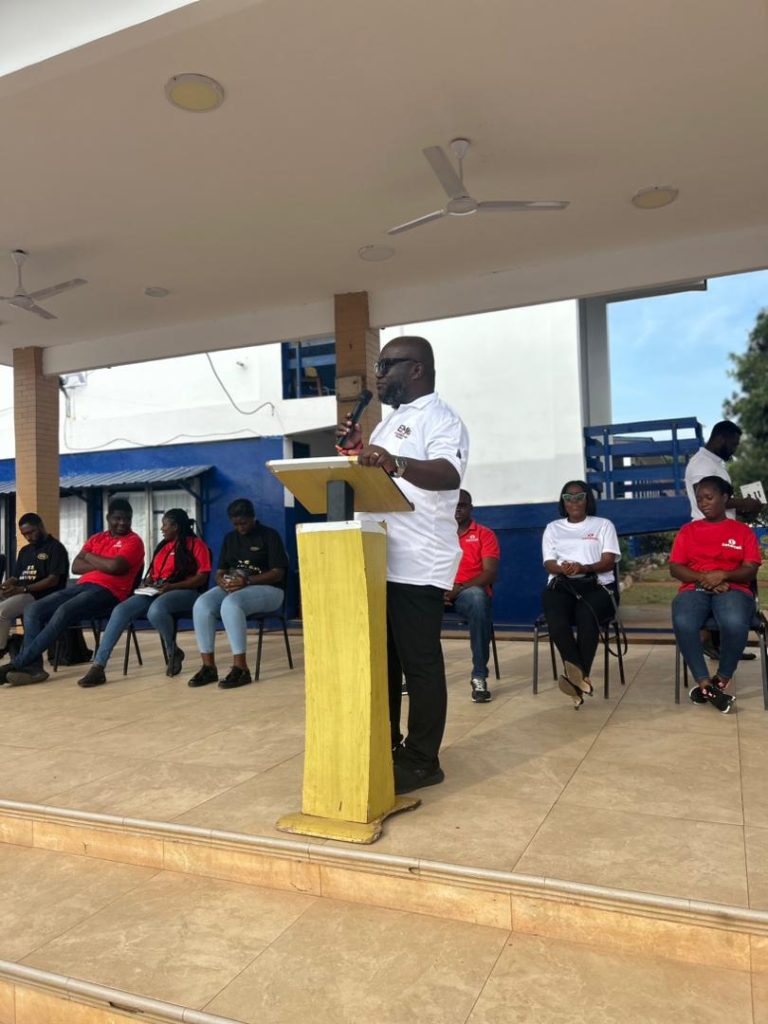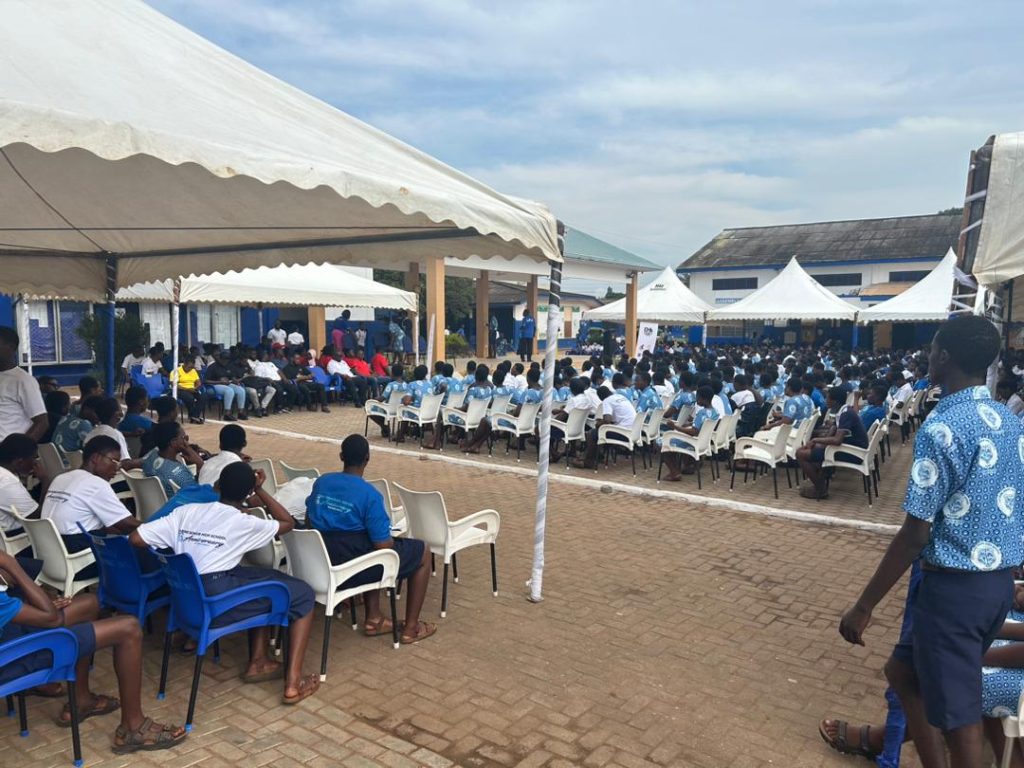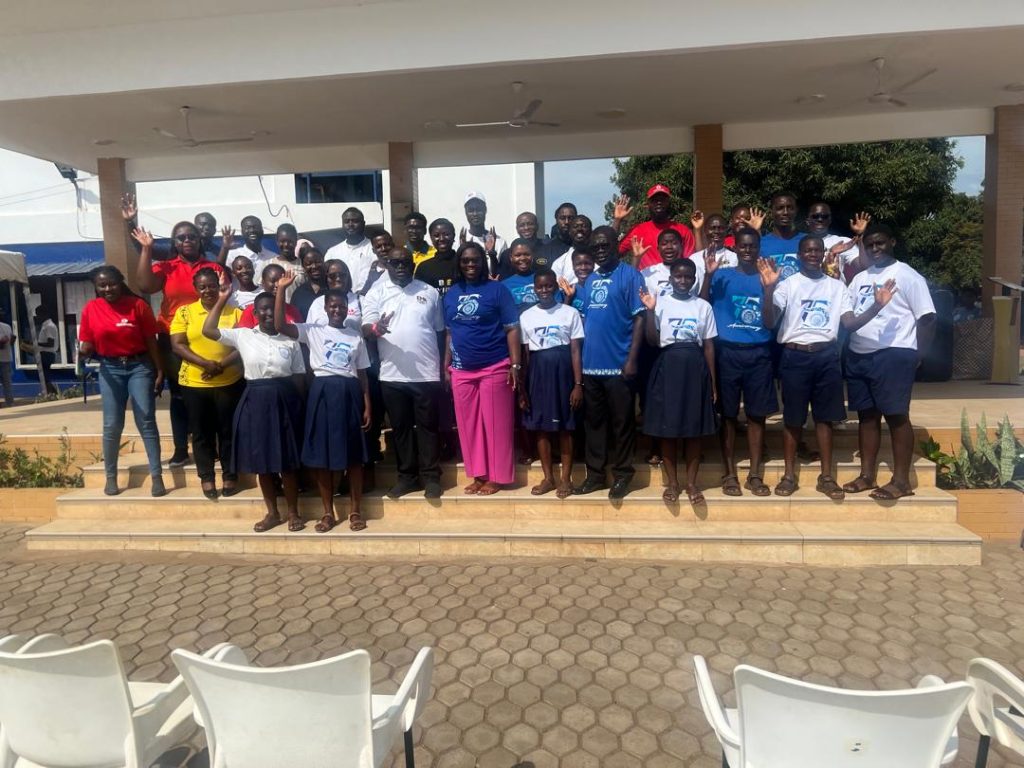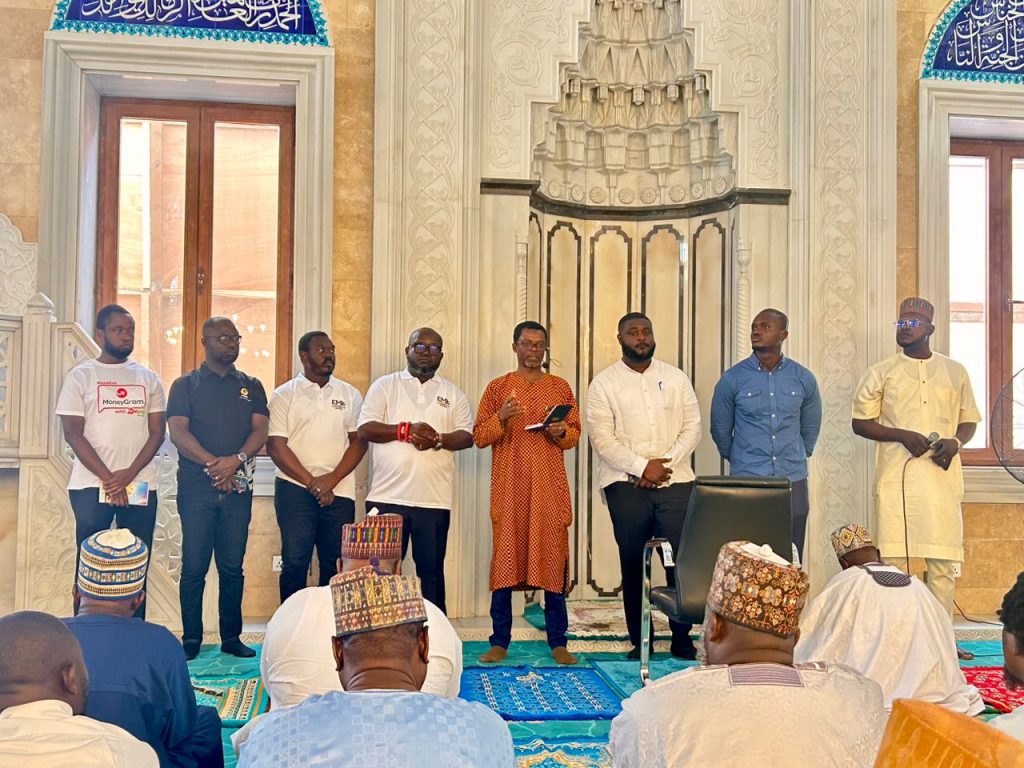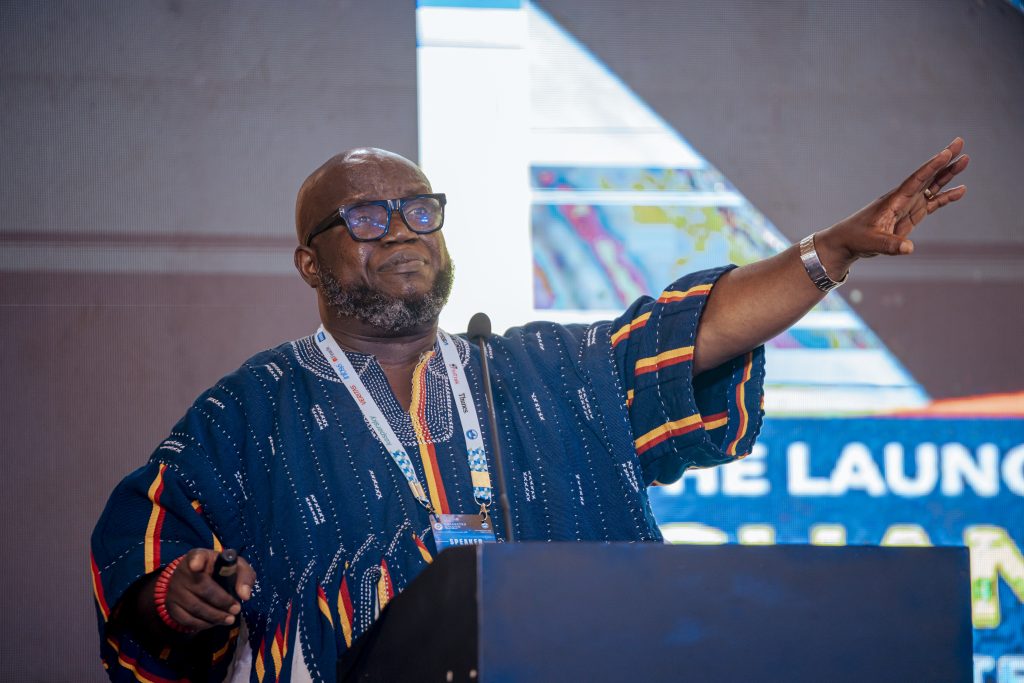
The Chief Executive Officer of the EMIs Chamber of Ghana, Ing. Dr. Kenneth Ashigbey has charged stakeholders within the global digital financial ecosystem to prioritize effective collaboration to reduce the incidence of fraud.
According to him the rising levels of fraud and their complicated nature, undermines trust, stifles innovation, and erodes financial inclusion gains made in Ghana and across the world.
He made the remarks as a special guest speaker at the recently held 18th Edition Connected Banking Summit – Innovation & Excellence Awards – West Africa 2025, in Accra, Ghana.
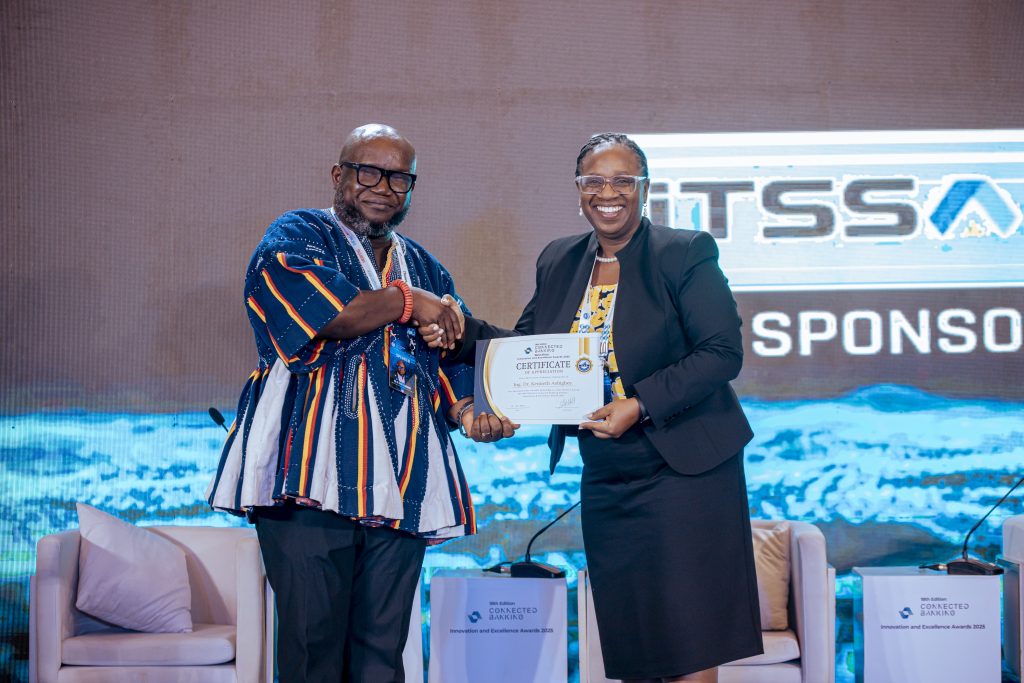
Speaking on the topic “Collaborative Approaches to Fraud Mitigation: Building a Trustworthy Digital Finance Landscape,” Dr. Ashigbey highlighted the increasing sophistication of fraudsters and the urgent need for stakeholders across the digital finance ecosystem to work together.
“The collaborative roles required to mitigate fraud within our ecosystem cannot be understated. No one institution can do it alone as fraud is a complex problem which demands a unified stakeholder approach,” Dr. Ashigbey stated.
The Role of Stakeholders in Fighting Fraud
Dr. Ashigbey outlined the critical roles different stakeholders must play in fraud prevention and mitigation, including:
- Regulators and Policymakers – Enforcing stringent Know Your Customer (KYC) and Anti-Money Laundering (AML) regulations, promoting cross-border collaboration, and establishing regulatory sandboxes for testing innovative fraud mitigation solutions.
- Telecom Companies (Telcos) – Securing SIM registration processes, partnering with banks and fintechs to detect and block fraudulent transactions, and leveraging data analytics for fraud detection.
- Banks and Fintechs – Implementing AI-driven fraud detection systems, educating customers on digital security, and sharing fraud intelligence to create a unified defense.
- Consumers – Being vigilant about sharing personal information, using strong passwords, and reporting suspicious activities promptly.
- Academia – Conducting research on emerging fraud trends and working with stakeholders to develop innovative solutions.
- Security Agencies – Upgrading skills to stay ahead of cybercriminals, conducting regular security audits, and integrating cybercrime policing at all levels.
- The Judiciary – Strengthening legal frameworks, speeding up fraud-related cases, and enhancing sentencing to deter cybercriminals.
Leveraging Digital Public Infrastructure for Fraud Prevention
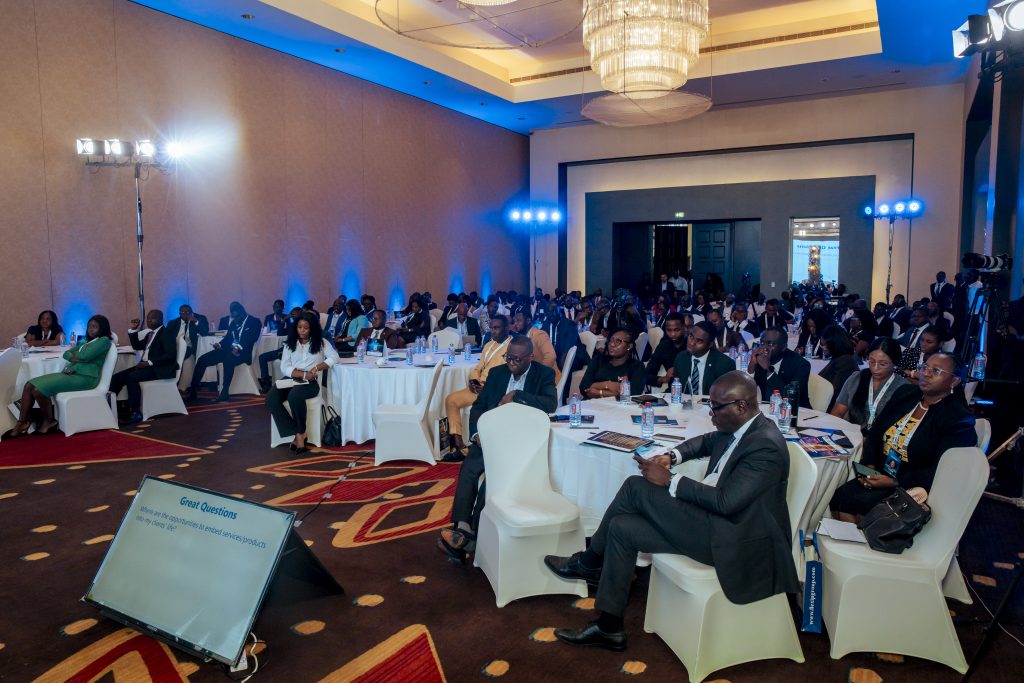
Dr. Ashigbey also underscored the importance of a robust National Identification system in fraud prevention. He emphasized that affordable, secure, and interoperable digital identity solutions are essential for reducing identity theft and ensuring a more trustworthy financial ecosystem.
Additionally, he highlighted other key digital public infrastructures such as Unified Payment Interfaces (UPIs), credit bureaus, blockchain technology, and digital land registries—all of which play a role in fraud prevention.
Ghana’s Leadership in Digital Finance
Drawing insights from Ghana’s success in mobile money interoperability, regulatory sandboxes, and public-private partnerships, Dr. Ashigbey urged deeper collaboration between the government, telecoms, fintechs, and academia.
“We must move beyond Public-Private Partnerships (PPP) to Public-Private-Academia Partnerships (PPAP), leveraging research and innovation to combat digital fraud effectively,” he noted.
A Call to Action: Collaboration is Key
As cybercriminals become more sophisticated, Dr. Ashigbey called for a united front in tackling fraud, emphasizing that working in silos is no longer an option.
“As Nelson Mandela said, ‘It always seems impossible until it is done.’ The only way we can outsmart fraudsters is through deep collaboration, leveraging AI and digital innovations to secure our financial future,” he concluded.
The event brought together key industry players, policymakers, and security experts to discuss the future of secure digital banking.


